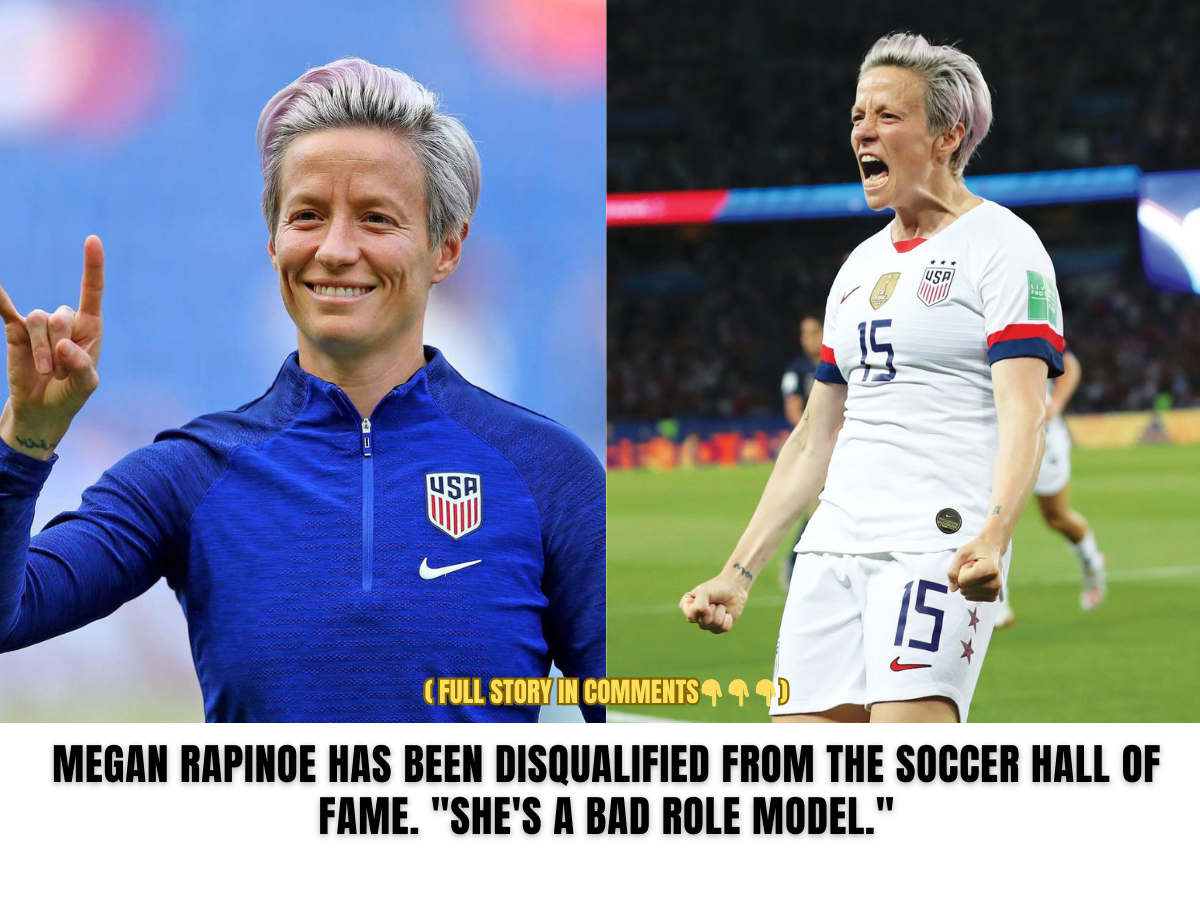The decision to disqualify Megan Rapinoe, a soccer icon known for her prowess on the field and activism off it, from induction into the Soccer Hall of Fame has ignited a fiery debate that transcends the realm of sports. At the heart of the controversy lies a fundamental question: what defines a role model in today’s society, and to what extent should an athlete’s off-field conduct impact their legacy?
However, Rapinoe’s supporters vehemently defend her right to use her platform for advocacy, citing her efforts to combat gender inequality in sports, champion LGBTQ+ rights, and speak out against racial injustice. They argue that her courage in confronting societal injustices makes her a role model of the highest order, inspiring others to stand up for what they believe in and effect positive change.
The controversy surrounding Rapinoe’s exclusion from the Soccer Hall of Fame underscores broader questions about the role of athletes in society and the intersection of sports and activism. In an era marked by heightened social consciousness and widespread calls for justice, athletes are increasingly using their platforms to amplify marginalized voices and advocate for meaningful change. However, this activism is not without its consequences, as evidenced by Rapinoe’s disqualification from the Hall of Fame.
As the debate rages on, one thing is clear: Megan Rapinoe’s legacy extends far beyond the soccer pitch. Whether celebrated or vilified, her impact on the sports world and beyond cannot be denied. Ultimately, her omission from the Soccer Hall of Fame serves as a poignant reminder of the complexities inherent in defining role models and the enduring power of athletes to spark meaningful dialogue and drive social progress.

